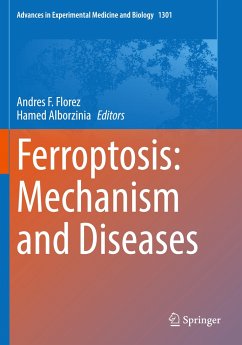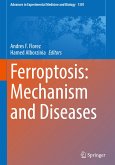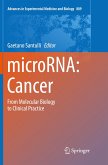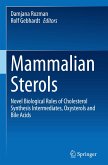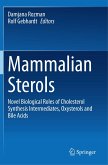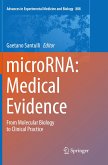This book focuses on the emerging role of ferroptosis in human diseases. It gives a detailed perspective on how to induce or suppress ferroptosis to treat challenging conditions such as infectious diseases, including COVID-19, tuberculosis, parasitic diseases and cancer. The book serves as a practical guide by providing a valuable collection of all currently known activators or inhibitors of ferroptosis. It will enable readers to choose molecules for experimental design for in vitro and in vivo studies of ferroptosis. Furthermore, this volume highlights the aspects of iron metabolism and its connection to ferritinophagy, a ferritin selective autophagy, with profound implications in neurodegenerative diseases such as Alzheimer, Parkinson, Huntington and ALS. Lastly, it describes necroptosis, another important form of cell death, along with its connections to human disorders and potential crosstalk with ferroptosis.
While covering basic concepts, the book delvesinto mechanisms and modulation of ferroptosis for treating a wide variety of human diseases thus offering a valuable and informative resource for both, scientists and clinical researchers.
While covering basic concepts, the book delvesinto mechanisms and modulation of ferroptosis for treating a wide variety of human diseases thus offering a valuable and informative resource for both, scientists and clinical researchers.

